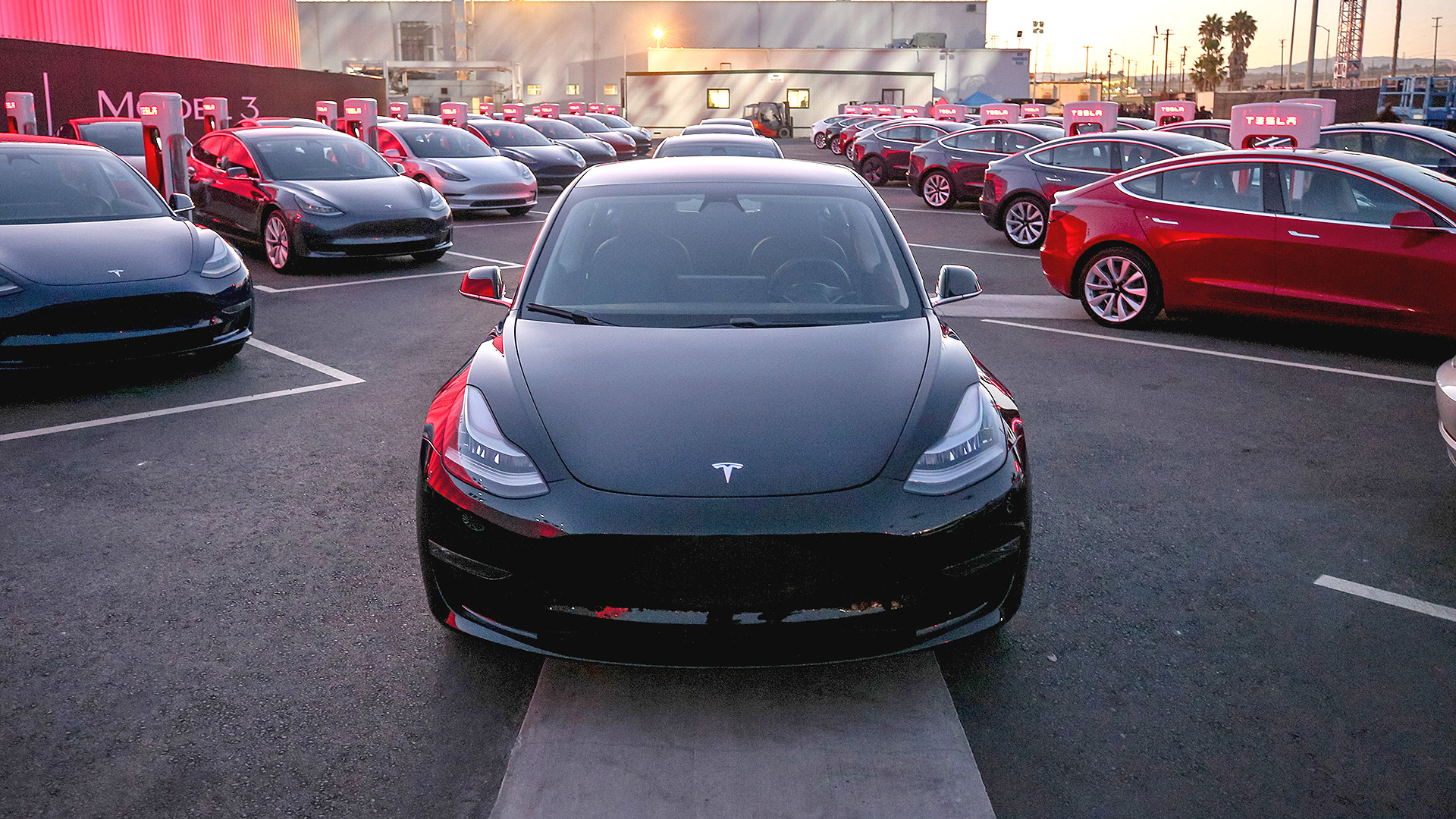

The annual Consumer Reports reliability survey was released Thursday, and it contained some interesting conclusions regarding electric cars. Overall, electric cars fared better than their internal-combustion counterparts, and Consumer Reports made its first reliability prediction for the Tesla Model 3.
The magazine gave the Model 3 a predicted reliability rating of “average,” based on the fact that it shares a lot of components with the Model S, which got an above-average reliability rating in the survey this year. Ratings are based on survey responses from vehicle owners, so the Model 3 rating is just a prediction for now.
Soon after the report was released Thursday, Tesla criticized Consumer Reports because it previously declared the Model S to be the best car it ever tested, and then “revoked the rating after being questioned by Tesla skeptics,” according to Autoblog.
Regarding the Model 3, Tesla said “It’s important to note that Consumer Reports has not yet driven a Model 3, let alone do they know anything substantial about how the Model 3 was designed and engineered.”
Consumer Reports did, in fact, give the Model S its highest-ever rating in 2015. But the magazine’s ratings for new vehicles are separate from its reliability ratings. The reliability ratings are based on data from its owner survey, while the rating Tesla referred to in its statement was based on an evaluation of the car itself by CR’s road testers.
The Model S may be a good car, but that doesn’t necessarily mean it is a reliable one. Just months after receiving the magazine’s top rating, the Model S was rated “worse than average” in the 2015 reliability survey. The car’s performance has actually improved somewhat since then, but reliability issues with the Model X mean Tesla still sits among the bottom third of the 27 brands ranked in the survey. It’s worth noting that Consumer Reports also runs an owner satisfaction survey, and Tesla topped that in 2016.
As for the Model 3, Consumer Reports made it clear that it was merely making a prediction of reliability. The magazine applied the same methodology to the Model 3 as it does to other new models, using the brand’s track record and the reliability of cars with similar components to get some idea of how the newcomer will perform.
“We will make a prediction for a brand new or redesigned model, or a model with insufficient data, based on the manufacturer’s track record, history of the previous generation, or similar models that shared the same components,” a description of the methodology on the magazine’s website said.
“Of course, this is only a prediction, and these scores are not a guarantee of the reliability of any individual car. However, buying a car that has an above-average score for predicted reliability will reduce the likelihood of having significant problems with your car,” Consumer Reports wrote.
Despite Tesla’s criticism, the 2017 reliability survey results seemed fairly favorable to electric cars. The Model S improved to “above average” for the first time, although the Model X continues to lag. The Chevrolet Bolt EV was named the most reliable model from the Bowtie brand. These electric cars bucked the trend of decreased reliability, which Consumer Reports attributes to the increasing amount of complex tech features in new cars.